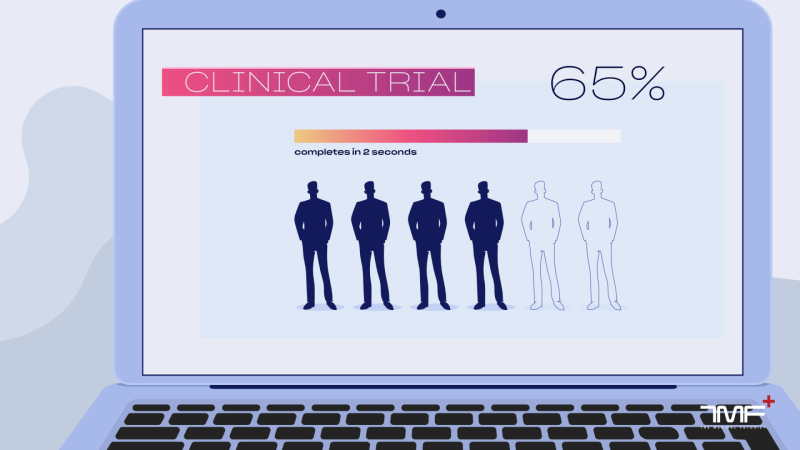We are seeing the beginnings of a profound paradigm shift in health technology. AI simulations have the potential to test all of the trillions of possibilities with tens of thousands of (simulated) patients for a (simulated) period of years, and do all of this in a matter of hours or days.
…
[I]n the search for antiviral drugs for Covid-19, Argonne National Laboratory has used five of the world’s most powerful supercomputers to narrow a billion molecules down to a few thousand. Then, with a combination of physics simulations to model the microscopic chemistry and deep learning for pattern recognition, they identified about 30 of the most promising candidates for laboratory study. To fight the coronavirus much more rapidly and effectively, more labs need to use AI to simulate trillions of possibilities, and then use human trials for the most promising ones.…
Using neural nets with sufficient computational power will go way beyond what humans can possibly do on their own. Given the exponential nature of progress in this field, I believe that by the end of the decade we will be able realistically model all biology and simulate interventions for diseases without the need for human trials.































